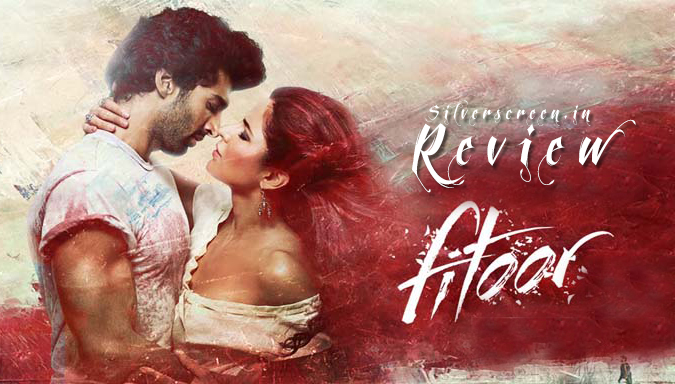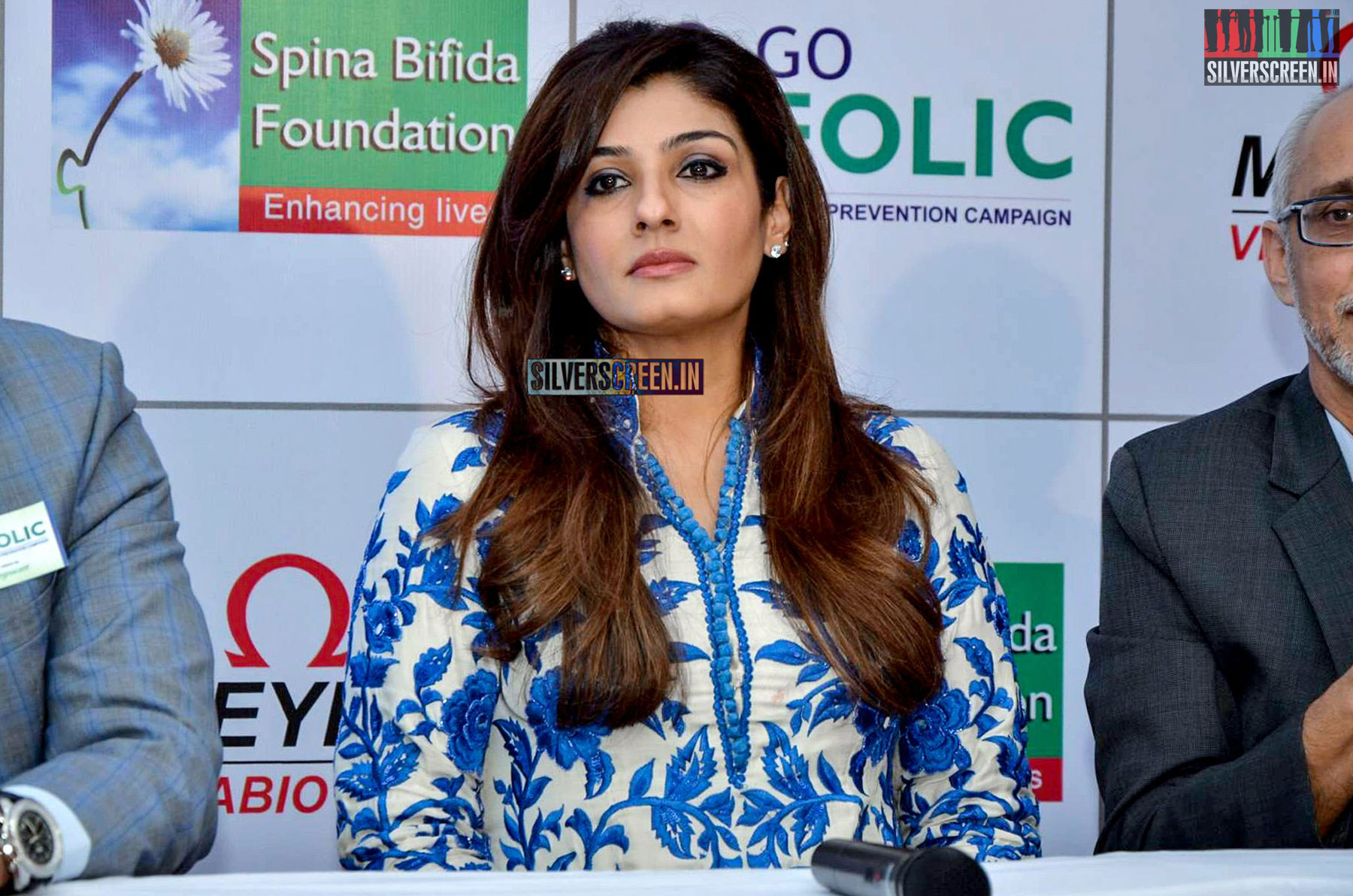Abhishek Kapoor’s Fitoor (Passion or Obsession), an adaptation of Charles Dickens’ Great Expectations, is a refreshingly poetic meditation on the madness of a single human emotion: love. The film features stirring performances by the lead cast of Tabu (Begum), Katrina Kaif (Firdaus), and the protagonist, Aditya Roy Kapur (Noor). Fitoor is neither a period film, nor a fantasy film. Stuck in a time limbo, the only movement happens around alternating phases of being and longing.
*****
A young Noor lives with his sister and brother-in-law in Kashmir. A family of artisans, their patron is the enormously wealthy Begum. Mystery surrounds this woman, who lives with a young girl, presumably her daughter and heir, Firdaus. Outside the Begum’s house is the rest of the world, touched by insurgency, economic constraints, upward mobility; normal things. Inside the Begum’s house is a heartbroken, disillusioned, and bitter woman, who uses her wealth and position to manipulate Noor and Firdaus’ youthful emotions. As we find out later in the story, the Begum was betrayed by her lover as a young woman. Now, her aim is to exact revenge by deliberately destroying what had destroyed her – love.
Noor grows up to become an artist, and his muse is none other than Firdaus, the time and memories he associates with her. He now re-enters her social world, on a more equal footing, creating the possibility for an actual relationship with her.
*****
By no means a realist film, because none of the characters could possibly be real, the world of Fitoor feels all too real thanks to a brilliant technical crew. The scent of crisp brown autumn leaves. The chill of crumbling flakes of snow. Hitesh Soni’s haunting background score. And a script bursting with dialogues like these: “Khud se azaadi toh sirf maut hi de sakti hai. Ya phir ishq. (Only death can free you from yourself. Or else love.)”
*****
At the centre of a spiralling path up the hill, isolated and elevated, is the Begum’s house. This is her seat of power and her world. From here, the Begum orchestrates a tragic, twisted symphony on Noor and Firdaus’ heartstrings, and her own broken ones. Tabu as the Begum surpasses herself. So complete is her rendition of the Dickens’ Miss Havisham figure, that one forgets entirely that there is a Tabu behind this. All we see is the menacing shadow of a broken heart, and an iron will bent on breaking Noor’s own innocent one.
‘Stop staring, Noor‘ is Fitoor’s refrain. Regardless of what point the story is at, When Noor and Firdaus are on screen, Noor cannot take his eyes off Firdaus. In other films, falling in love turns the hero into a superhero, makes the heroine appreciate him. But not here. Whatever happens between Noor and Firdaus, Noor has no social claim, future expectations, or even a relationship.
The only possible bond between them was forged in the first moment when Noor saw Firdaus, riding her horse. When Firdaus stalked up to him and commanded him to lower his eyes. It was “as if a bomb had exploded in my head”, he tells her later. Firdaus smiles warmly with cold eyes, as always. Around her, Noor just is. Alive, absorbed. Time stands still, between being and longing. Being when she is there. Longing when she isn’t.
*****
This is the harmony the Begum will break with painful pleasure, time and again. What she wants is to watch Noor spend his life stuck, trying to rejoin his broken heart. Like her. When Noor finally confronts her, and says “What about Firdaus? Did you think of her?” another layer of insanity emerges. After all, isn’t the Begum protecting Firdaus from her own fate, by ensuring she never falls in love and hence never breaks her heart? Round and round they go. Firdaus rarely protests, but when she does (in an almost impossible moment of assertiveness), she asks the Begum, “Why do you think my fate will be the same as yours?” The Begum dominates Firdaus effortlessly, “This is the age of infatuation,” she says. “Don’t waste yourself like I did on infatuation.”
*****
The three leads are in a complex relationship, and each minuet is riveting. Noor is obsessed with Firdaus. Firdaus has been raised with such control that her heart is in a box that only the Begum has the key to (as the Begum reminds us). And every now then, Tabu taunts Noor by asking him why he only asks about Firdaus. “What about me? Don’t you want to know about me?” she says, as Noor looks helplessly awkward. Teasing and controlling words, except the Begum sees Mufti (her former lover) when she sees Noor.
They are kindred spirits, antagonists. No two people understand each other as well as they do. The difference is that Noor has a way out. He has his art, his sister’s love, his brother-in-law’s affection, and his secret benefactor’s support. The Begum only has a beautiful puppet called Firdaus.
*****
The real question in Fitoor is whether Firdaus can break the glass cage surrounding her heart, which the Begum has built so intently. Noor is a biddable boy, and most biddable to Firdaus. Firdaus is exactly who she was as a child – able to take a part of Noor, pocket it, tell him to straighten his collar, and walk away with a smirk on her face. When the young Noor (Mohammad Abrar) asks her how someone so beautiful can be so caustic, Firdaus replies without a pause in her indifferent, self-confident stride, “Lower your eyes. The words will automatically start sounding melodious.”
When they grow up, and Noor has made it to the social circles Firdaus inhabits, Firdaus still tells him to “Stop staring”. This time, she says, “You’re not a little boy anymore.” The by-play borders on dominance between children, as if they were siblings. The deeper bond is that they have both been so totally controlled by a bitter woman’s misery.
*****
The beauty of Fitoor lies in painting a unique kind of love. Two mainstream actors, acting in a seemingly mainstream love story. Yet, nothing is what it seems to be. Looking at her never means controlling her, only falling further. Even when Noor moves up in the world, and other women seem to admire him, neither the camera nor Noor seem even momentarily distracted. Fitoor is intent on Noor’s madness, which is, in a way, the Begum’s madness. And little else. Unlike other love stories, the heroine isn’t in love with the hero by default. Until the final scene of the film, we never know the secret of Firdaus’ heart. Every trope of cinematic lovers is drawn on, and casually crushed.
*****
Mohammad Abrar is outstanding in his scenes as a young Noor, and gives Aditya Roy Kapur a hard act to follow. Noor stares at everything, absorbs everything, and feels things intensely. And he can keep secrets. When an escaped Ajay Devgan accosts him and demands food, he brings it. There is little dialogue between the two, but the body language is so authentic, that it is entirely believable that Ajay Devgan’s character would form a lasting attachment to this boy.
*****
Not that Fitoor has no flaws. At a critical moment in the film, Noor suddenly belts out a dialogue that sounds promising in the trailer, but actually has no connection with the story: “If you ask for milk, they’ll give you pudding/ If you ask for Kashmir, they’ll tear you apart.” Other than one outstanding moment (for the plot and the adaptation), armed conflict isn’t really integrated into the film. Noor the well-known artist consistently makes apolitical statements. Which makes that line stick out confusingly. Another drawback is Noor’s art. For such a technically accomplished, aesthetically pleasing film, it’s disappointing that there’s no way to understand what makes Noor’s art so great (other than people in the film telling us it is).
The most glaring drawback is probably Aditya Roy Kapur. He actually needs to do little in the film beyond being brooding and intense. But too much camera focus on his well-built topless body (which has zero connection with Noor’s character) keeps reminding us that we are looking at film star Kapur acting as Noor, not Noor.
Recommended
*****
Some films leave the viewer humming a persistently catchy tune, or chuckling over a memorable dialogue. Fitoor leaves an intense impression. Of a world of love, obsession, passion, and angst. It’s far from being a perfect film. But for creating a brooding lover who isn’t entitled to anything, and a disenchanted heroine who retains the upper hand, Fitoor does present us with a love like no other – at least in Indian cinema.
*****
The Fitoor review is a Silverscreen original article. It was not paid for or commissioned by anyone associated with the movie. Silverscreen.in and its writers do not have any commercial relationship with movies that are reviewed on the site.



